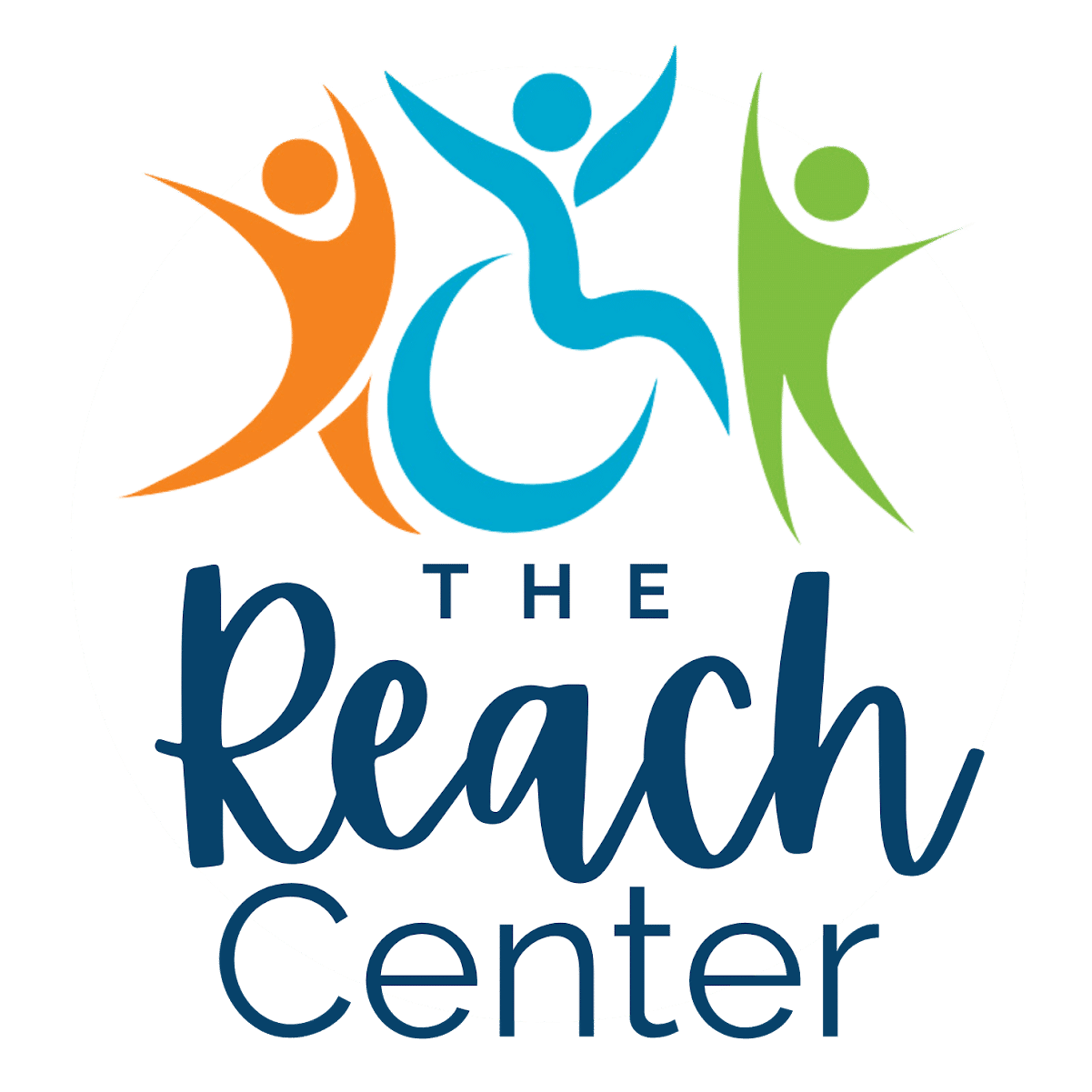Postural orthostatic tachycardia syndrome (POTS) affects the autonomic nervous system, which automatically controls body functions such as blood pressure and heart rate. POTS prevents the nerves that affect blood flow from responding as they should, causing problems with blood pressure and increased heart rate. POTS is most prevalent in teenagers and young adults who are female. Though POTS is a chronic condition, 80% of people grow out of it in their 20s, according to the Mayo Clinic.
Symptoms of POTS
Though each case of POTS is different, the most common symptoms are an overly rapid heartbeat and lightheadedness when standing up. Other symptoms of POTS include:
- Dizziness
- Chest pain and heart palpitations
- Fainting or feeling faint
- Fatigue
- Shakiness
- Abdominal pain, nausea and bloating
- Diarrhea and/or constipation
- Feeling too hot or too cold
- Excessive sweating or lack of sweating
- Headaches and body aches
- Discoloration in the feet and hands
- Problems sleeping
- Exercise intolerance
Causes and risk factors of POTS
Causes of POTS remain largely unknown, though the condition is known to most often appear in teenagers. According to the Cleveland Clinic, those who are at higher risk of developing POTS are people:
- Who have suffered a serious illness or trauma
- With a recent history of mononucleosis
- With certain autoimmune conditions such as Sjogren’s syndrome and celiac disease
Diagnosing POTS
Children who experience POTS symptoms are diagnosed through a tilt table test. Patients begin the tilt test by lying flat on a table. After about 30 minutes, the table quickly lifts to raise the body to a heads-up position. The patient’s heart rate and blood pressure are then monitored. Though blood pressure may change only slightly or stay the same, people with postural orthostatic tachycardia syndrome experience a heart rate increase by more than 30 beats per minute when tilted up (40 beats per minute or more for teenagers).
Treatment for POTS
Dr. Pham will work with your child’s care team to identify the best comprehensive treatment plan for your child. The ultimate goal of treatment at Reach Pediatrics Rehab is to manage pain and improve quality of life. POTS is a complicated condition and treatment will vary based on the severity of the condition and the specific symptoms your child experiences. Treatment may include:
- Increased salt and fluid intake
- An aerobic exercise plan
- Medication
- Compression
- Strategies for improved sleep
- Behavioral and pain management strategies
